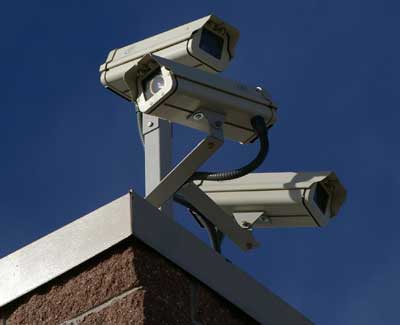On Tuesday, on the 11th anniversary of 9/11 attacks, U.S. intelligence officials publicly raised a plea for renewing the controversial U.S. electronic surveillance law, exasperated by delays and hurdles over the issue.

Versions of the bill passed by lawmakers conflict with each other. The version passed by the Senate Intelligence Committee would allow extension of the updated FISA up to 2017, if it goes through. On the other hand, the version approved by a Senate Judiciary Committee would allow extension only up to 2015.
While the law can still be extended by a session after the November 6 elections, intelligence officials are concerned over the timing as their powers under the law may run out by the end of 2012, if the law is not renewed. The new efforts and initiatives to renew the law are being made in the light of the impending adjournment of Congress for an election break later this month.
However, both republicans and a lobby of Democrats insistent on securing assurances over civil liberties seem determined not to allow the administration pressurize them into glossing over loopholes in a hurry. Many legislators refuse to budge from their stands unless they see the loopholes plugged and refuse to rise to the bait of reacting to impending future crises by providing immediate solutions, and heedlessly renewing the spying law.
Apparently, Senator Ron Wyden, a Democratic member of the Senate Intelligence Committee, has placed a “hold” on the bill and refuses to lift it until the Senate approves stronger protections against warrantless spying on Americans. According to Wyden, the Obama Administration had admitted that the spying program violated some rights of citizens regarding freedom from warrantless surveillance.

